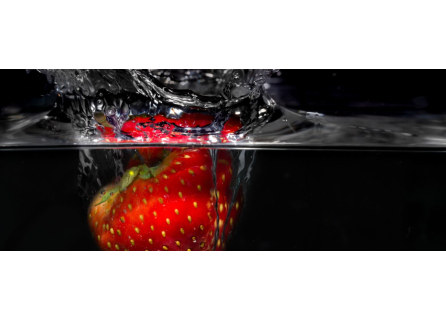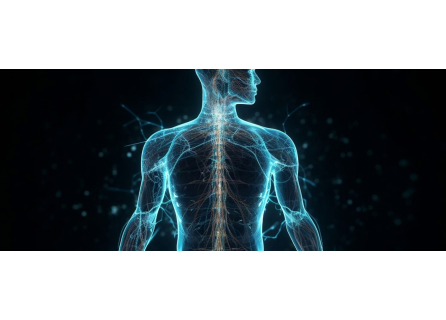
The role and importance of water in the body
Does water help the body?
Although this aspect is quite intuitive, water is not only extremely important for the human body – it is vital. Even we are composed of 60-70% water, and all the food we eat contains water. What do you mean? Only fruits and vegetables contain 90% water, and other foods that we usually pass to the dry food category, such as bread or meat, contain about the same amount of water as that which exists in the composition of the human body. So we can say that we are surrounded by water.
Beyond all these universally known facts, why is water so important to us? What exactly does it help us? Stay with us a little longer and you'll find out.
The importance of water
Just as we need air to live, we need water in the same way. In addition to helping transport important nutrients throughout our bodies, another role of water is to remove toxins from the body. It is enough to lose 10% of the water in our body so that blood can no longer circulate normally, with adverse consequences for the body. It's one of the reasons why we are recommended to drink between 1.5 and 2 liters of water every day.
Many important organs in our body contain quite a lot of water – the brain has 83%, lungs 85%, eyes 95%, and heart 75%. Water plays an essential role in their functioning and if we hydrate properly, then they also work as they should.
The role of water in the body
Now that we know why water is so important in our lives, we can see what its role is in the human body. A rather important role is that water helps digestion. A glass of water before and after a meal can help break down food more efficiently and a normal digestive process. It also helps in the proper functioning of joints. Water is a basic component of synovial fluid, responsible for lubricating joints, so if you hydrate properly, the chances of joint pain decrease.
Water has many other roles in the body, these are just two. You can read about other functions of water here (ADD LINK TO THE WATER CONSUMPTION BLOG), where you can find out what is the optimal amount of water you need to consume every day.
What kind of water should we consume?
Nowadays there is a risk that you think there are so many types of water that you no longer know what to choose. You may be sitting there and thinking: But what does it matter, that only water is the same everywhere? We, however, assure you that this is not the case at all.
Surely you have noticed that tap water does not taste the same as bottled water. That's why we want to introduce you to the most common types of water on the market and explain how they differ from each other. This is how you can choose the water that suits you best.
Tap water:
It's the water that comes out of the faucets in your home, as the name implies. This is usually supplied and controlled by a local authority and must come from a water treatment plant. This should be good for daily drinking or use in food, but we recommend that you research more about your local provider. There are villages and communes where water, even if it reaches the tap, is not drinkable. Tap water, which comes from water treatment plants, can be filtered, so you can stay worry-free, through a purification filter service.
Bottled water:
The water you see and buy in all stores can be of three kinds – table, spring, or mineral. It's easy to access, and we already know it's a good source of water that anyone can drink, anytime. The only flaw we notice is the use of plastic bottles which are very difficult to recycle. The alternative for this inconvenience is to access a watercooler hydration service (with reusable plastic water bottles), or one with reusable bottles, in which you pay once, at the first delivery, of the packaging, and then change the empty bottles with full ones, which you order online.
Benefits of water filtration systems
Clean water without too many impurities plays an important role in the human body. With a water filtration system or a water service in reusable packaging, you can always have clean water. Immediately after installing it, you can use the water to prepare something or consume it directly. And besides the fact that in the long run, you save a lot of money, you will also get rid of the trips to the supermarket.



